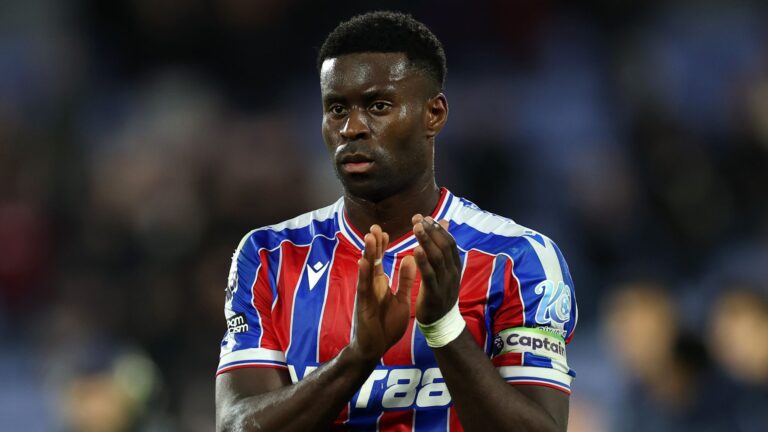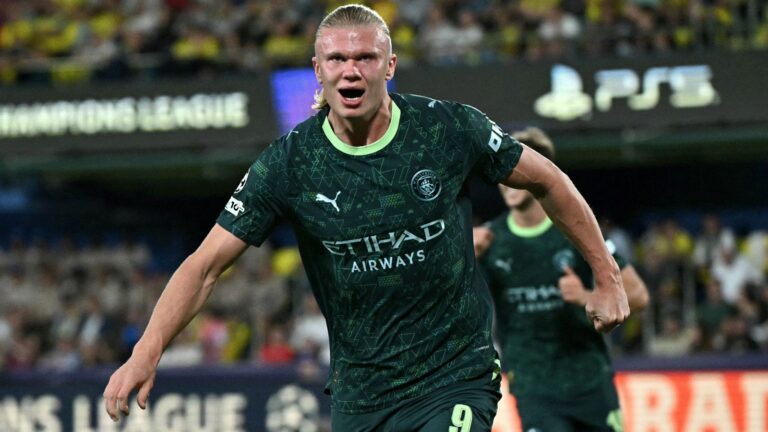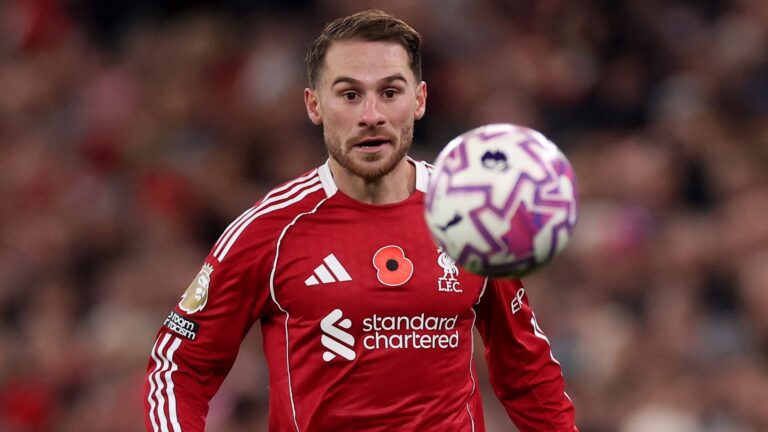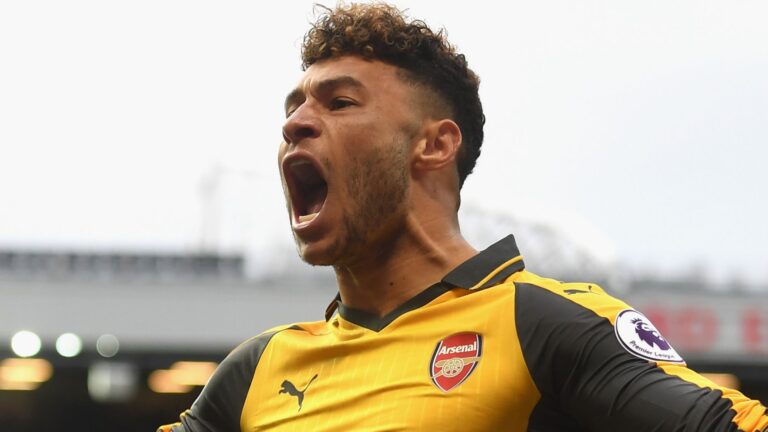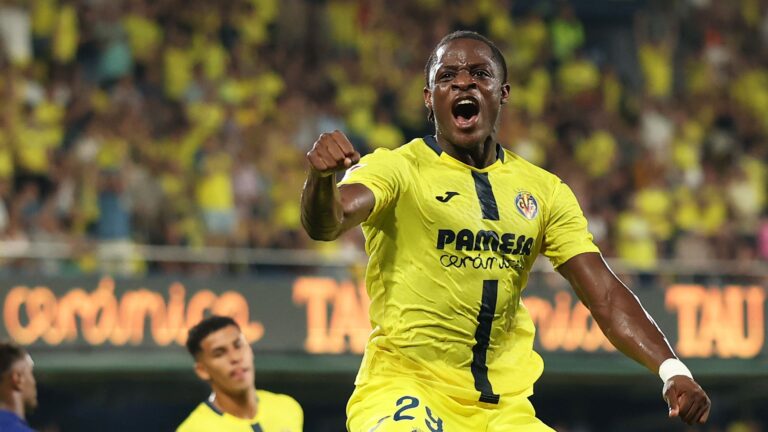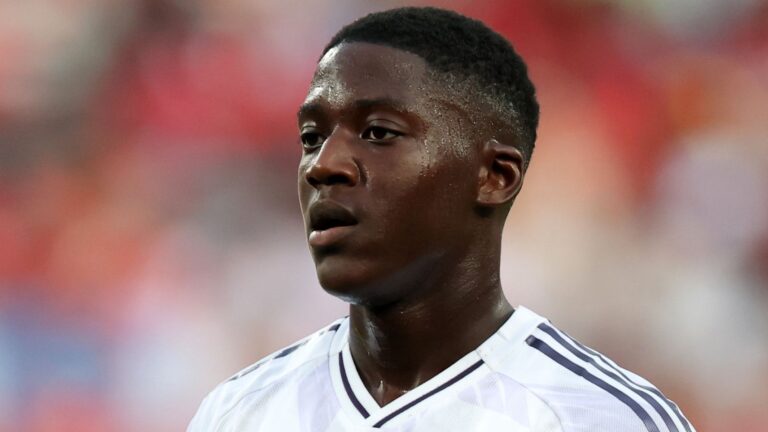Marcus Rashford’s Barcelona Transfer: A Strategic Shift in Football Dynamics
In the ever-evolving world of football transfers, Marcus Rashford is gearing up for a fresh start with Barcelona, as the English forward eyes a new challenge in La Liga. This move underscores the high-stakes negotiations between clubs and highlights Manchester United’s savvy approach to player deals, potentially reshaping Rashford’s career path.
- Rashford poised to transfer to Barcelona
- Deal features a loan arrangement with a buy option
- Manchester United incorporates a penalty clause akin to the Jadon Sancho model
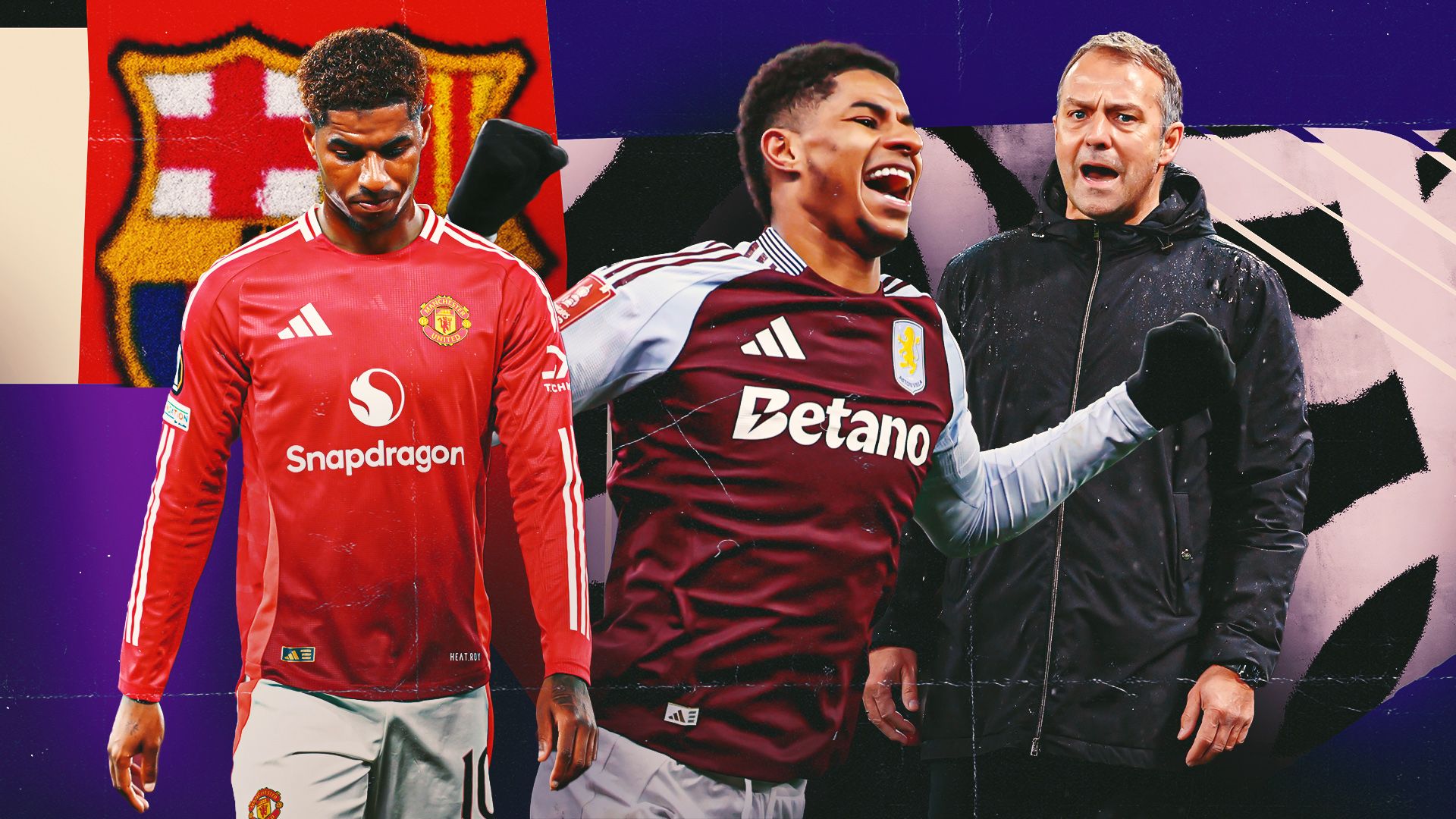
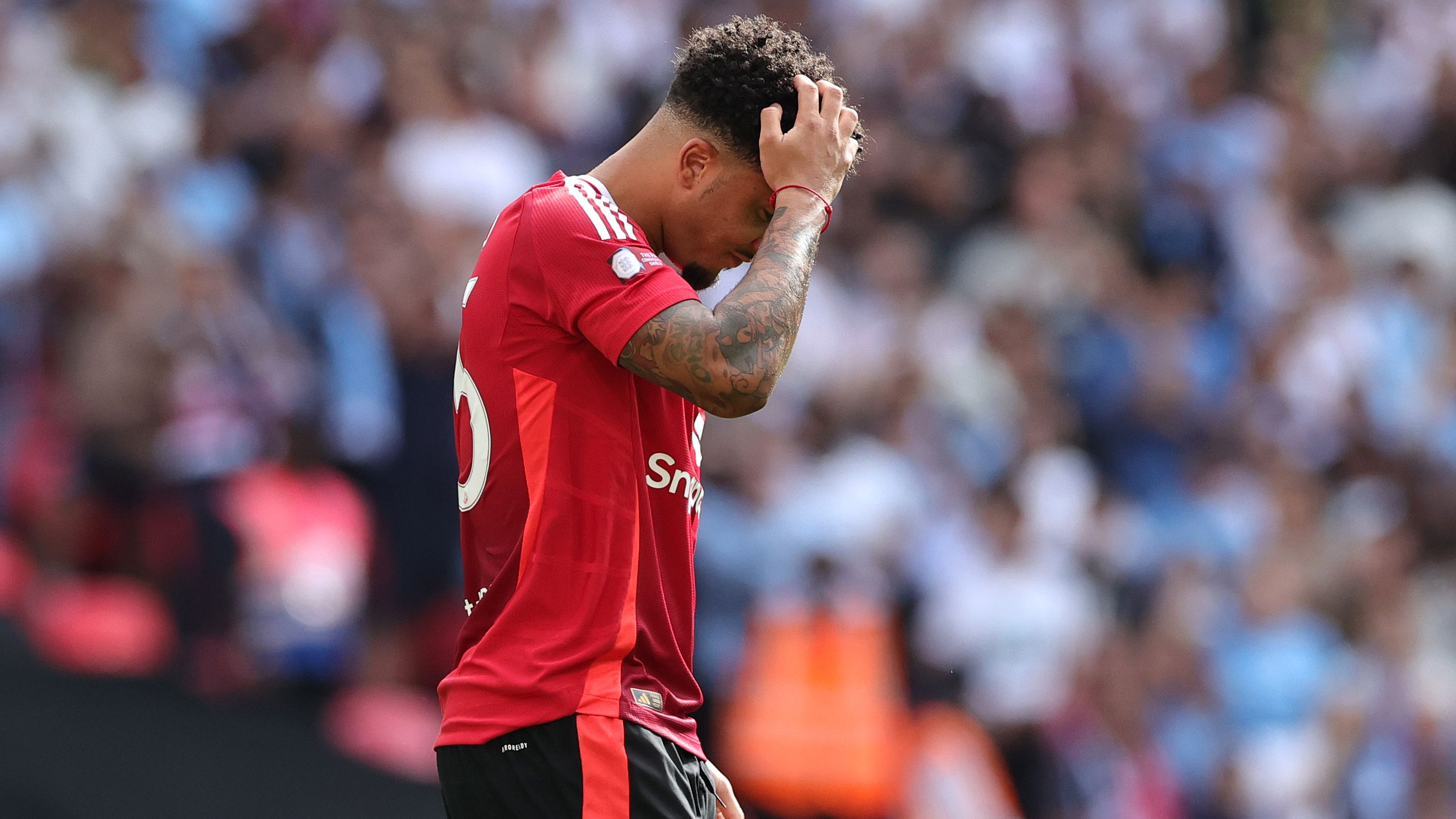

Breaking Down Rashford’s Loan Agreement with Barcelona
The arrangement involves Rashford finalizing his switch to the Spanish giants, Barcelona, soon after committing to a temporary stint under coach Hansi Flick for the upcoming season. This setup includes a pathway for a full acquisition by June 2026 at a cost of €35 million, or about £30 million, giving Barcelona flexibility while protecting Manchester United’s interests. On the flip side, if the Catalan club chooses not to exercise this buy clause, they face a mandated payment to the English side of roughly €5 million (£4.3 million), based on insights from transfer expert Fabrizio Romano as shared through Diario Sport.
Examining Similar Protective Clauses in Recent Transfers
Manchester United has employed a comparable safeguard in a previous deal, much like the one with Jadon Sancho. That forward went on loan to Chelsea, but when the London team decided against a permanent signing, they ended up compensating Manchester United with £5 million to conclude the arrangement early. For now, Sancho is still tied to Manchester United, though rumors persist about a possible switch to Juventus during this transfer window.
Rashford’s Place in Historic Club Exchanges
As Rashford prepares for this transition, he becomes only the second individual to make the jump from Manchester United to Barcelona, echoing the path of defender Gerard Pique, who returned to his roots at Camp Nou in 2008 after his time at Old Trafford.
What’s Next for Rashford at Barcelona
The official reveal of Rashford’s transfer is anticipated imminently, paving the way for him to integrate with the squad on their Asian pre-season tour. The striker is eager to make his mark, potentially featuring in Barcelona’s opening warm-up match against Vissel Kobe on July 27.
The Buzz Around Manchester United’s Penalty Clause in Marcus Rashford’s Potential Transfer to Barcelona
Understanding Penalty Clauses in Football Transfers
In the world of football transfers, penalty clauses are often tucked away in the fine print, but they can make or break a deal. A penalty clause is essentially a contractual stipulation that imposes financial or performance-based penalties if certain conditions aren’t met. For instance, in Marcus Rashford’s rumored move from Manchester United to Barcelona, the inclusion of an unexpected penalty clause has stirred up quite the conversation among football enthusiasts.
This type of clause isn’t entirely new in Premier League transfers. Clubs like Manchester United use them to protect their investments and ensure long-term benefits. According to standard practices in football transfer negotiations, these clauses might involve buy-back options, appearance-based fees, or even clauses tied to Rashford’s performance stats in La Liga. What makes this case intriguing is how Manchester United reportedly inserted a clause that could penalize Barcelona if Rashford doesn’t meet specific milestones, such as playing in a set number of matches or achieving certain goal-scoring targets.
- Key elements of a typical penalty clause:
- Financial repercussions, like reduced transfer fees or additional payments to the selling club.
- Performance metrics, such as Rashford needing to score a minimum of 15 goals in his first season at Barcelona.
- Time-based conditions, potentially voiding parts of the deal if Rashford is loaned out or injured for extended periods.
This approach highlights how Manchester United, as a top Premier League club, is leveraging transfer tactics to maintain leverage, especially with a star player like Rashford who has been integral to their attacking lineup.
Why Manchester United Opted for This Penalty Clause
Manchester United’s decision to include such a clause in Rashford’s transfer talks likely stems from a mix of strategic and financial motivations. After all, Rashford has been a cornerstone of their squad, contributing significantly to their Premier League campaigns with his speed, dribbling skills, and goal-scoring prowess. By adding a penalty clause, the club is essentially safeguarding against the risk of losing a key asset without reaping full rewards.
Experts in football transfers often point out that clubs insert these clauses to:
- Mitigate financial losses: If Rashford underperforms at Barcelona, United could claw back portions of the transfer fee, making the deal more lucrative in the long run.
- Encourage player loyalty: Such clauses can act as a deterrent for hasty moves, potentially influencing Rashford’s commitment if negotiations drag on.
- Gain competitive edge: In high-stakes transfers involving Premier League stars, clauses like this give selling clubs an upper hand in future dealings, as seen in similar cases with players moving to La Liga giants.
In Rashford’s scenario, sources suggest United is pushing for clauses linked to Champions League qualification or individual awards, which could underscore their desire to stay relevant in European football. This move reflects broader trends in football transfer strategies, where teams are increasingly creative to navigate the financial fair play rules.
Implications for Marcus Rashford’s Career and Future Moves
Delving deeper, the penalty clause could significantly shape Marcus Rashford’s career trajectory. As one of the Premier League’s most dynamic forwards, Rashford has always been eyed by clubs like Barcelona for his ability to influence games. However, this clause adds an extra layer of pressure, potentially affecting his on-field decisions and overall morale.
- Potential upsides for Rashford:
- Motivation to excel: With stakes high, Rashford might push harder to hit performance targets, boosting his profile in La Liga and attracting more endorsement deals.
- Career growth: A successful stint in Spain could elevate his status, similar to how other English players have thrived abroad, opening doors to international opportunities.
- Downsides and risks:
- Added stress: If Rashford struggles to adapt, the penalties could lead to financial hits for Barcelona, indirectly pressuring him and possibly straining team dynamics.
- Transfer complications: Future moves might be harder if similar clauses become standard, as seen in past high-profile transfers involving Premier League talents.
Rashford’s representatives are likely negotiating to soften these terms, focusing on aspects like injury protections or performance flexibility. This situation mirrors evolving trends in football, where player welfare and mental health are gaining attention alongside commercial interests.
Reactions from the Football Community and Experts
The football world has been abuzz with reactions to Manchester United’s bold move. Fans and pundits alike are dissecting how this penalty clause could reshape transfer dynamics between the Premier League and La Liga. On social media, Manchester United supporters are split-some praising the club’s shrewdness, while others worry it might deter top talents from joining.
Experts in sports law and transfer analysis have weighed in, noting that:
- Fan perspectives: Many see this as a win for United, ensuring they don’t lose out on a homegrown star without benefits.
- Analyst insights: According to transfer experts, clauses like this could set precedents, influencing how clubs handle deals for players in key positions, such as wingers or strikers in the Premier League.
- Broader implications: This development might prompt regulatory bodies to review transfer agreements more closely, especially regarding unfair clauses that could impact player mobility.
In discussions around football transfers, this case exemplifies the growing complexity of deals, with elements like Rashford’s market value and Barcelona’s squad needs playing pivotal roles.
How This Fits into Larger Trends in Football Transfers
As the football transfer market evolves, penalty clauses are becoming more sophisticated tools for clubs. For Manchester United, incorporating one in Rashford’s deal underscores their commitment to sustainable growth amid Premier League competition. This trend is evident in other transfers, where clauses related to buy-back rights or success-based fees are increasingly common.
Key trends to watch include:
- The rise of performance-tied clauses in deals involving top forwards like Rashford.
- How La Liga clubs like Barcelona adapt to such demands from Premier League rivals.
- Potential impacts on overall transfer fees, which could rise as clubs protect their interests more aggressively.
By staying informed on these developments, football fans can better appreciate the intricacies of player movements and what they mean for their favorite teams.
Final Thoughts on Navigating Transfer Clauses
While we’ve covered the essentials, it’s worth noting how fans can keep up with football transfer news. Strategies like following reliable sources and understanding clause basics can enhance your engagement with the sport. For more on Premier League transfers and Marcus Rashford updates, explore related topics like transfer windows and player contracts to stay ahead of the game.


